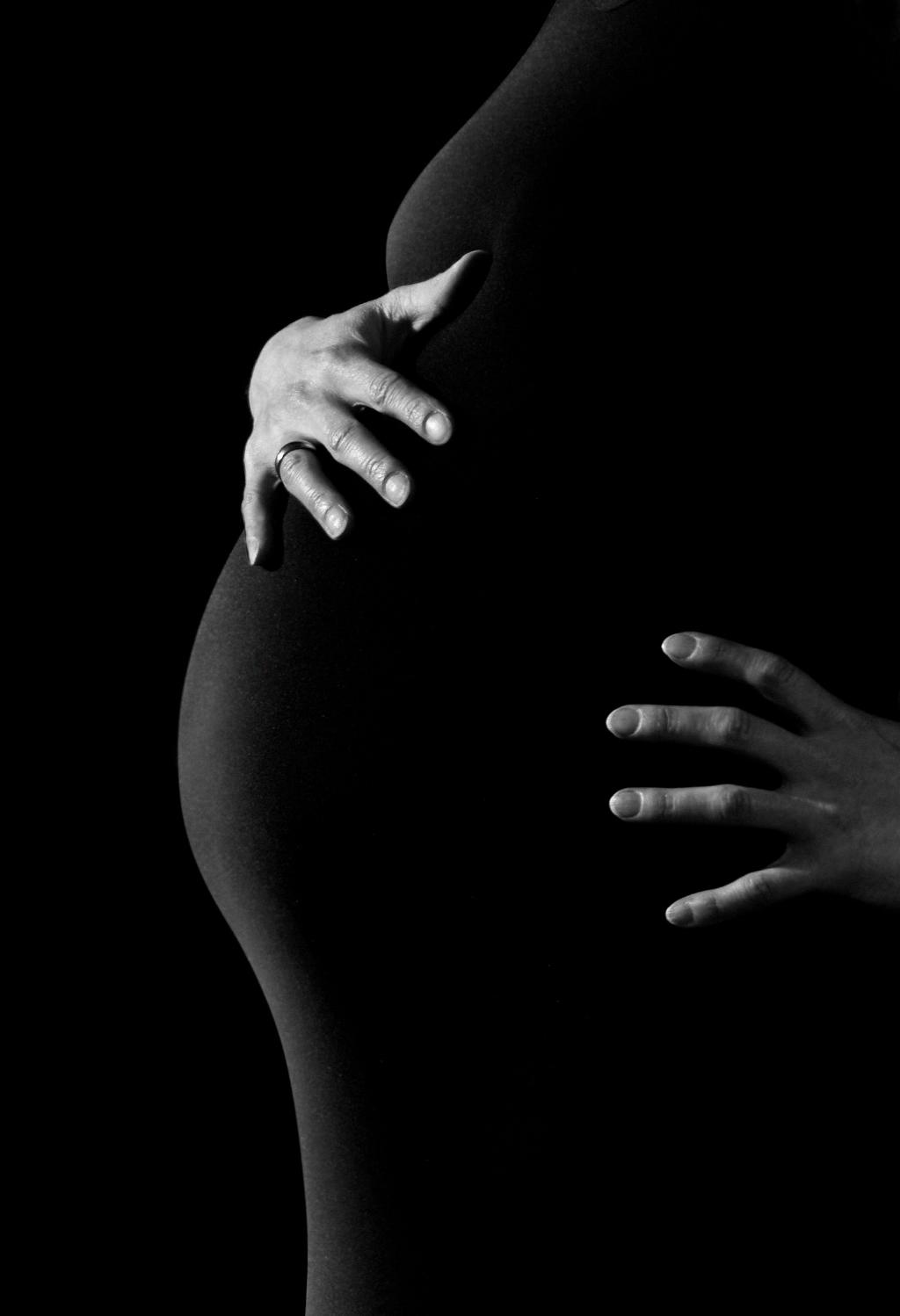When it comes to pregnancy, there are many things to consider, from what foods to eat to which activities are safe to engage in. One common question that often arises is about the side effects of taking baths during pregnancy.
Maternal Hyperthermia Risk
One of the main concerns related to bathing during pregnancy is the risk of maternal hyperthermia. This occurs when the body temperature rises to a level that is considered unsafe for the developing fetus. Hot baths can potentially lead to an increase in body temperature, which may pose a risk to the baby’s health.
Exposure to Water Disinfection Byproducts
Another consideration when it comes to bathing during pregnancy is the exposure to water disinfection byproducts. These byproducts can be present in tap water and are a result of the chemical treatment processes used to make water safe for consumption. While the levels are typically low, prolonged exposure can potentially have negative effects on the developing baby.
Increased Risk of Birth Defects
Studies have shown that there may be a correlation between bathing habits during pregnancy and the risk of certain birth defects. Excessive exposure to hot water or certain chemicals found in water can increase the likelihood of birth defects in newborns. It is essential to be cautious and mindful of these risks when deciding on bathing routines during pregnancy.
Precautionary Measures
While the risks associated with bathing during pregnancy may sound alarming, there are precautionary measures that can be taken to minimize these risks. One important step is to ensure that the water temperature is comfortable but not too hot. It is also recommended to limit the time spent in the bath to avoid overheating.
Consulting with a Healthcare Provider
As with any aspect of pregnancy, it is crucial to consult with a healthcare provider regarding bathing habits. They can provide personalized advice based on individual health factors and pregnancy progress. If there are any specific concerns or risk factors, a healthcare provider can offer guidance on how to adjust bathing routines accordingly.
Alternative Bathing Options
For women who are concerned about the potential risks of traditional baths during pregnancy, there are alternative bathing options to consider. Showers can be a safer choice as they typically expose the body to less heat and chemical substances found in water. Additionally, using lukewarm water rather than hot water can help reduce the risk of overheating.
Emotional Benefits of Bathing
Despite the potential risks, baths can also offer emotional benefits during pregnancy. Taking a relaxing bath can help reduce stress and promote overall well-being. It is essential to find a balance between enjoying these emotional benefits and mitigating any potential risks to the baby.
Monitoring Body Temperature
One practical way to ensure safety when taking a bath during pregnancy is to monitor body temperature regularly. This can be done using a thermometer to ensure that the body temperature does not rise to a level that could be harmful to the fetus. Keeping track of body temperature can help mitigate the risk of maternal hyperthermia.
Hydration and Cooling Down
Staying hydrated is another crucial aspect to consider when bathing during pregnancy. Drinking water before and after a bath can help regulate body temperature and prevent overheating. Additionally, if at any point a woman feels too hot during a bath, taking a break to cool down can be beneficial.
Personalized Approach
Each pregnancy is unique, and what works for one woman may not be suitable for another. It is essential to take a personalized approach when determining bathing habits during pregnancy. Listening to the body and being mindful of any discomfort or changes can help make informed decisions about bathing routines.
Conclusion
In conclusion, while baths can offer relaxation and emotional benefits during pregnancy, there are potential risks to consider. Maternal hyperthermia, exposure to water disinfection byproducts, and the risk of birth defects are all factors to be mindful of. By taking precautionary measures, consulting with a healthcare provider, and staying informed, women can find a balance between enjoying baths and ensuring the safety of their developing baby.

